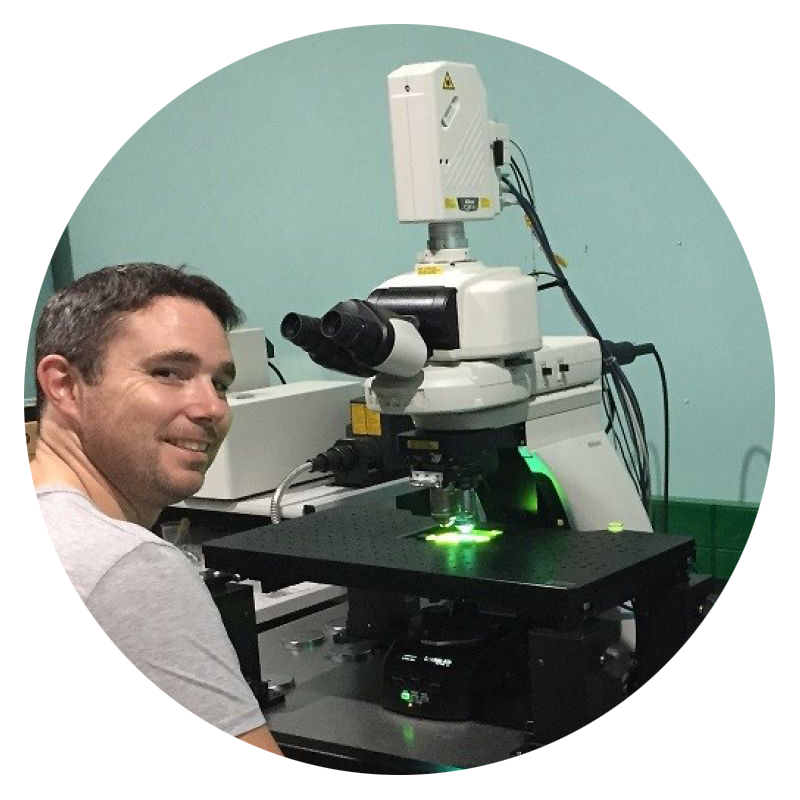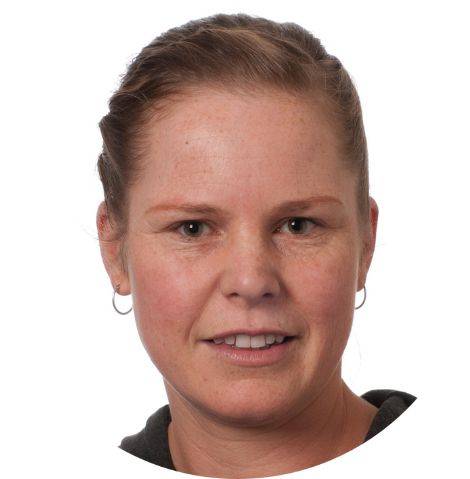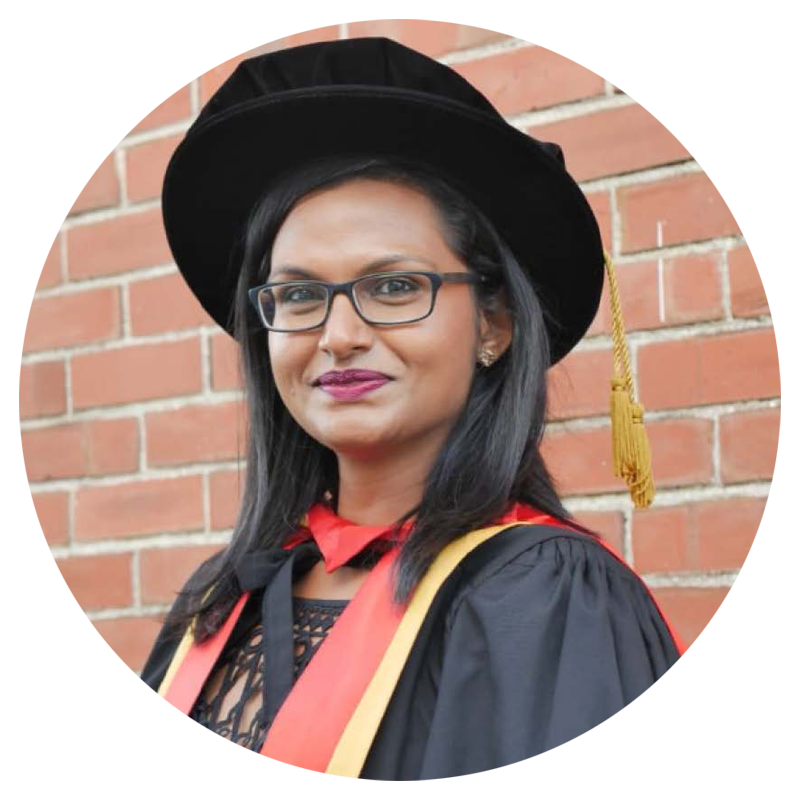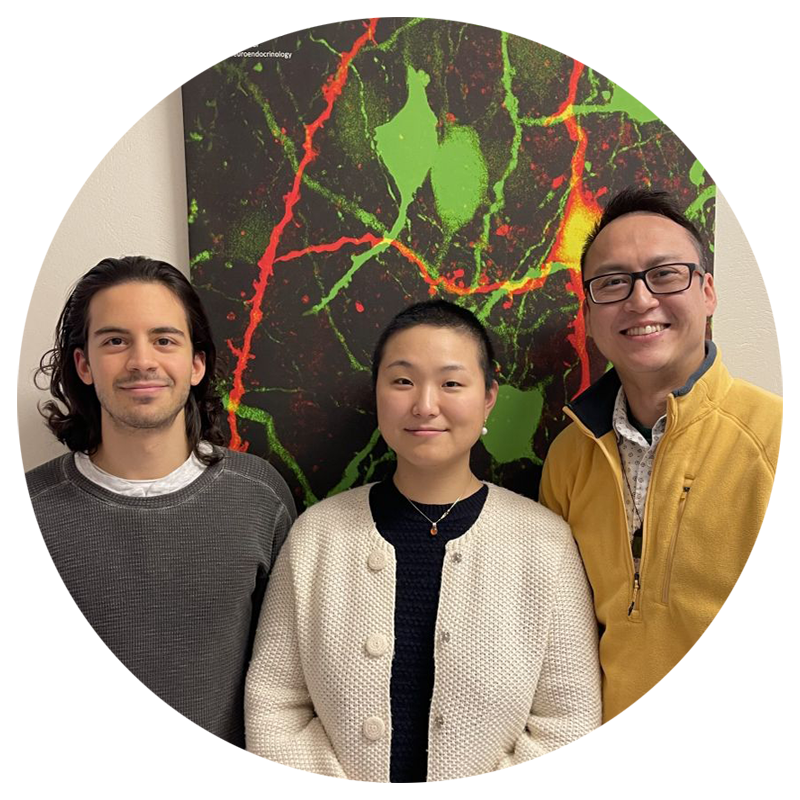2022 Round A Grant Recipients

University of Otago
$217,419
Investigating a blood-based biomarker of Alzheimer's disease in a longitudinal birth cohort
A blood test for early Alzheimer's disease is getting closer to reality. In this project, we will investigate a promising blood biomarker of Alzheimer's disease, pTau181, in members of the Dunedin Study. Aged 45 when their blood was collected, this project will tell us a lot about the processes of Alzheimer's disease in its earliest stages, and may help to identify people who are at risk of developing Alzheimer's while they are still middle-aged and when lifestyle and pharmacological treatments may be most effective.

University of Otago
$239,953
How does cohesin insufficiency alter brain development?
Every neuron contains 2 metres of DNA packaged into a tight space: the nucleus. Interestingly, the activity of a neuron can change how DNA is packaged! And vice versa, the DNA ‘wiring’ of the nucleus appears to be important for how neurons function. We work on a protein, called cohesin, that is responsible for DNA packaging in the nucleus. We already know that genes don’t work normally when cohesin is reduced in the brain, and in this Neurological Foundation project, we will find out how reduced cohesin affects neuron activity and brain development. Humans with cohesion insufficiency experience a spectrum of neurological disorders including autism, and we hope our work will increase understanding and improve management of neurological conditions.

University of Otago
$208,276
Aberrant calcium channel signaling in a model of frontotemporal dementia
Frontotemporal dementia is a severe neurodegenerative condition that currently has no cure. This form of dementia is often caused by genetic mutations that trigger a toxic accumulation of the protein “Tau”. We have recently found that calcium channels on nerve cells are aberrantly engaged in one model of frontotemporal dementia with a Tau-based mutation. We will investigate the link between Tau and calcium channels, and probe the knock-on effects of calcium channel activation in our existing model and in a second model harbouring a different genetic mutation. We will also test whether calcium channel blockers can reinstate regular nerve cell function in these models.

Lincoln University
$80,610
Investigation of spinal cord pathology in sheep with CLN5 and CLN6 Batten disease
Batten disease (neuronal ceroid lipofuscinoses, NCL) are rare fatal inherited neurodegenerative diseases. Presently there is no cure, but brain-directed gene therapies look promising. Due to the profound impact of neurodegeneration, pathology outside of the brain is often overlooked but recent studies in NCL mouse models suggest the disease may start in the spinal cord. This study will examine whether spinal cord pathology also occurs in two naturally-occurring sheep models of NCL and if it precedes brain pathology. This will inform on optimal delivery routes for NCL gene therapies, particularly if they should target both the brain and spinal cord.

University of Otago
$247,501
A new peripheral gene therapy approach for treating Alzheimer’s disease
Diseases of the brain are immensely difficult to treat, in part because many therapeutic drugs are prevented from entering the brain by a protective mechanism known as the blood-brain barrier. One answer may lie in a newly discovered virus that is able to efficiently cross the blood-brain barrier. This study will treat a mouse model of Alzheimer's disease with this new virus, modified to carry the gene for a therapeutic protein and administered intravenously. If successful, this work will reveal a new way of delivering therapies to the brain and a new treatment option for neurodegenerative diseases.

University of Auckland
$15,000
Involvement of brain-metastatic cancers and their extracellular vesicles in invasion across the Blood Brain Barrier endothelium.
Brain-metastatic cancers are the most aggressive forms of cancers with devastating prognosis. They are created by cancers that travel into the brain from other anatomical sites. To do this, cancer cells must interact with the protective blood-brain barrier (BBB), made of cells that defend the brain against blood-borne pathogens. We aim to investigate this interaction between human brain metastatic cancer cells and cells that form the BBB, to discover the key components and entities that allow cancer cells to migrate into the brain. We hope to therefore aid research towards therapy for brain metastases.

University of Auckland
$15,000
Are fetal neural stem cell-derived extracellular vesicles natural therapeutic candidates for preterm brain injury?
Babies born prematurely are at risk of life-long brain injuries. Unfortunately, we lack effective therapies and accurate diagnostic markers to ameliorate brain injury and provide early detection, respectively, for babies at risk of injury. Our study will seek to characterise the protein content of extracellular vesicles secreted by fetal neural stem cells to identify potential therapeutic candidates for preterm brain injury. Using the same technology, we will investigate potential diagnostic protein biomarkers isolated from fetal plasma-derived extracellular vesicles collected from our preterm brain injury sheep model. Our study has potential to improve long-term clinical outcomes for tamariki kokoti tau/preterm babies.

University of Otago
$12,640
Using amiloride to improve regeneration following brain injury
Recovering brain function following injury is severely limited by scar tissue. Preventing scarring would allow for greater recovery of brain activity. A key contributor to scarring are cells called pericytes. These cells are recruited to damaged sites in the brain where they accumulate. Their continued presence prevents brain tissue reforming. Research at Otago, investigating scarring in the kidney has found that a cost effective and safe drug called amiloride can markedly reduce scarring. Here, we will test if amiloride can reduce scarring in the brain. If so, we will have a new method to treat scarring restoring brain function following injury.

University of Otago
$14,976
Caging Lithium: Novel drug delivery systems for treatment of bipolar disorder and other mental health conditions
Lithium has been used for over 60 years to manage bipolar disorder (BPD, mate rangirua) but has significant shortcomings. Patients taking lithium typically remain symptomatically unwell at least half of the time, experience serious adverse effects with long-term use and require frequent blood monitoring. This proof-of-principle project will develop a new drug delivery strategy for lithium that will produce a quicker response and fewer side effects.

University of Otago
$15,000
Regulation of body weight by hypothalamic dopaminergic neurons
According to the Ministry of Health New Zealand survey in 2020/21, obesity affects around 1 in 3 adults in New Zealand. While widely considered a “lifestyle” or “environmental” condition by the lay public, among neuroscientists, there is now clear understanding that obesity is better considered as a disorder of the brain control of appetite. We recently made a serendipitous discovery that a population of dopamine neurons are involved in appetite control. Here we aim to address the mechanisms underlying this novel finding to provide a new understanding of body weight regulation, which may explain the neurological cause of obesity.

Victoria University of Wellington
$212,920
Defining the role of immunometabolism in neurological disease
Mentor: Prof Anne La Flamme
Neurological diseases, including multiple sclerosis (MS) and Alzheimer's disease, are characterized by infiltration of immune cells across the blood–brain barrier that promote inflammation and neurodegeneration. Recent research has shown that immune cell metabolism is tightly linked to immune cell function and can influence the immune response. We aim to determine the metabolic characteristics of activated immune cells in the blood of MS patients to determine their influence on disease pathology and neurological function. The findings of this research will improve our understanding of the interplay between the immune system and metabolism, and how this influences the brain and neurological disease.

University of Auckland
$96,798
VIIIth Cranial Nerve Involvement in Peripheral Neuropathy
Mentors: Dr Rachael Taylor, Assoc Prof Richard Roxburgh
The VIIIth cranial nerve receives sensory input from the hearing and balance organs. However, there is limited research on how the balance system is affected in sensory neuropathies, which commonly has balance symptoms, and how this differs between diseases. Individuals with an inherited sensory neuropathy will undergo assessment of all five balance organs to determine common VIIIth nerve abnormalities and disease-specific clinical features. The results of this study will be used to inform clinical practice, guide rehabilitation, and contribute to future research design, using the outcome measures as non-invasive alternatives to track disease progression and prognosis.

University of Canterbury
$223,931
Oestrogen and progesterone therapy to prevent stress-induced mortality in Duchenne muscular dystrophy
Mentor: Assoc Prof Steven Gieseg
Severe side-effects accompany long-term use of common treatments for patients with a severe neurological disease called Duchenne muscular dystrophy (DMD). Evidence in a mouse model of DMD suggests stress pathways inhibited by a common treatment, glucocorticoid therapy, impair an individuals’ ability to regulate blood pressure, increasing the risk of sudden death. A major contributor to this blood pressure response are female sex hormones. Therefore, this project aims to improve blood pressure regulation using female sex hormone-based therapies in a DMD mouse model. This could revolutionise clinical treatment for DMD patients and reduce the risk of severe side-effects, including sudden death.
Australian Course in Advanced Neuroscience
$14,000
Australian Course in Advanced Neuroscience
To understand how the brain works, scientists need to define how brain cell and circuit activity contributes to our behaviours and responses. The Australasian Course in Advanced Neuroscience (ACAN) is a course that has run for 15 years training the next generation of neuroscientists in the state-of-the-art experimental techniques needed to achieve this. This hands-on course runs for three weeks at The Florey Institute in Melbourne. Students live in and get taught and socialise with the best neuroscientists from around the world. By supporting ACAN the Neurological Foundation is helping support young New Zealand scientists receive state-of-the-art training in neuroscience.
Stroke Society of Australasia
$8,713
Stroke Society of Australasia Annual Scientific Meeting 2022
The Stroke Society of Australasia scientific meeting is the annual scientific meeting of clinicians, researchers and consumers interested in acute stroke and rehabilitation from New Zealand and Australia. This promises to be an exciting event with the conference being held in the newly completed Te Pae Convention Centre on a back drop of a rejuvenated Christchurch city following its rebuild. We hope to be the first full face to face Stroke Society of Australasia conference in the Covid era. This year's theme of “Connections. Excellence. Equity” reflects the rejuvenation and reconnection of inter-disciplinary clinicians, researchers, scientists and consumers. We hope you can join us in the exciting celebration of research!
The University of Auckland
$4,500
European Association for Neuro-oncology & Cancer Research UK conference/lab visit
The University of Auckland
$4,500
To attend the intensive advanced Neuroscience course at the MBL, Neurobiology: Mechanisms and Advanced Approaches
University of Otago Christchurch
$580
Attendance at the Christchurch spirometry training course
University College London
$3,505
Presentation of research project findings at the Peripheral Nerve Society Annual Meeting
The University of Auckland
$1,556
To present Fellowship work at the Australasian Winter Conference on Brain Research in Queenstown, August 2022


